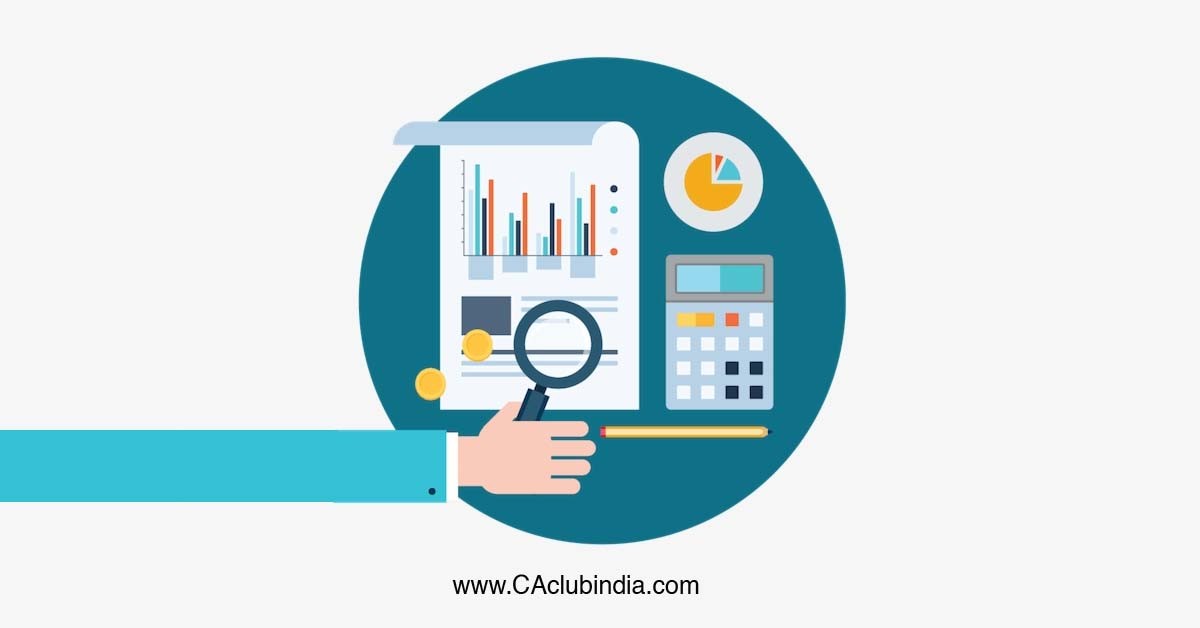A Detailed Analysis of the Income Tax Act
Are you puzzled by the complex provisions of the Income Tax Act? Wondering how to navigate through its intricacies? Look no further! In this comprehensive analysis, we will demystify the Income Tax Act, unpacking its convolutions and shedding light on its various aspects.
In this article, we will take you on a journey through the nooks and crannies of the Income Tax Act, simplifying its provisions and guiding you towards a better grasp of its workings. We will cover everything from tax brackets and exemptions to deductions and credits.
Whether you are a taxpayer trying to reduce your liability or a professional looking to provide accurate advice, this analysis will provide you with the clarity and insights you need.

Understanding the Basics of Income Tax
The government imposes income tax on the earnings of both individuals and companies. It is one of the primary sources of revenue for governments worldwide and plays a crucial role in funding various public services and infrastructure. The Income Tax Act is the legislation that governs the taxation of income in a particular country, and some gaming bodies like you will see it when you click here. It outlines the rules and regulations that taxpayers must follow when calculating and reporting their income and the rates at which income is taxed.
Key provisions of the Income Tax Act
The Income Tax Act contains numerous provisions governing taxable income calculation and reporting. These provisions cover various topics, including tax brackets, exemptions, deductions, and credits. Let's explore some of the key provisions in more detail. The Income Tax Act typically divides taxable income into different brackets, each with a corresponding tax rate. As income increases, taxpayers move into higher tax brackets and pay a higher tax rate on the additional income earned.
-
Exemptions
The Income Tax Act may provide certain exemptions that allow taxpayers to exclude specific types of income from their taxable income. These exemptions can vary depending on the jurisdiction and may apply to income from sources such as scholarships, certain government benefits, or certain types of retirement income.
-
Deductions
Deductions are expenses taxpayers can subtract from their taxable income, reducing the overall tax owed. The Income Tax Act specifies various deductions that taxpayers may be eligible to claim, such as business expenses, medical expenses, or charitable donations.
-
Credits
Tax credits reduce the amount of tax owed, similar to deductions. However, unlike deductions, which reduce taxable income, credits directly reduce the tax owed. The Income Tax Act may provide various tax credits, such as credits for education expenses, child care expenses, or energy-efficient home improvements.
Common Deductions and Exemptions
Now that we have a basic understanding of the key provisions of the Income Tax Act let's explore some common deductions and exemptions that taxpayers may encounter.
-
Business Expenses
If you are a self-employed individual or a business owner, you may be eligible to deduct various expenses related to your business.
-
Medical Expenses
The Income Tax Act may allow taxpayers to deduct certain medical expenses not covered by insurance or other benefits.
-
Charitable Donations
Donations to registered charities can often be claimed as deductions on your income tax return. The Income Tax Act sets out the criteria for eligible donations and the maximum allowable deductions.
-
Education Expenses
The Income Tax Act may provide deductions or credits for eligible education expenses for individuals pursuing higher education. These can include tuition fees, textbooks, and other educational supplies.
-
Exemptions for Retirement Income
In some jurisdictions, certain types of retirement income, such as pension income or income from registered retirement savings plans (RRSPs), may be eligible for exemptions or preferential tax treatment.
Tax Planning Strategies
With a solid understanding of the provisions of the Income Tax Act and the various deductions and exemptions available, taxpayers can implement tax planning strategies to minimize their tax liability. Here are some common tax planning strategies to consider:
-
Income Splitting
In jurisdictions where income tax rates vary based on income levels, income splitting can effectively reduce overall tax liability.
-
Maximizing Deductions and Credits
Taxpayers can maximize their deductions and credits by carefully tracking and documenting eligible expenses. This includes keeping receipts, invoices, and other supporting documentation to substantiate their claims.
-
Timing Income and Expenses
Timing can play a significant role in tax planning. By strategically timing the recognition of income and the payment of expenses, taxpayers can potentially reduce their taxable income in a particular year.
-
Utilizing Tax-Advantaged Accounts
Many jurisdictions offer tax-advantaged accounts, such as Registered Retirement Savings Plans (RRSPs) or Individual Retirement Accounts (IRAs), which provide tax benefits for retirement savings.
-
Planning for Capital Gains
Capital gains arising from selling assets such as stocks, real estate, or collectables can trigger significant tax liabilities.
Conclusion
In this comprehensive analysis, we have explored the intricacies of the Income Tax Act and provided insights into its various aspects. From understanding the basics of income tax to exploring key provisions, deductions, and exemptions, we have covered many topics.








 CAclubindia
CAclubindia
